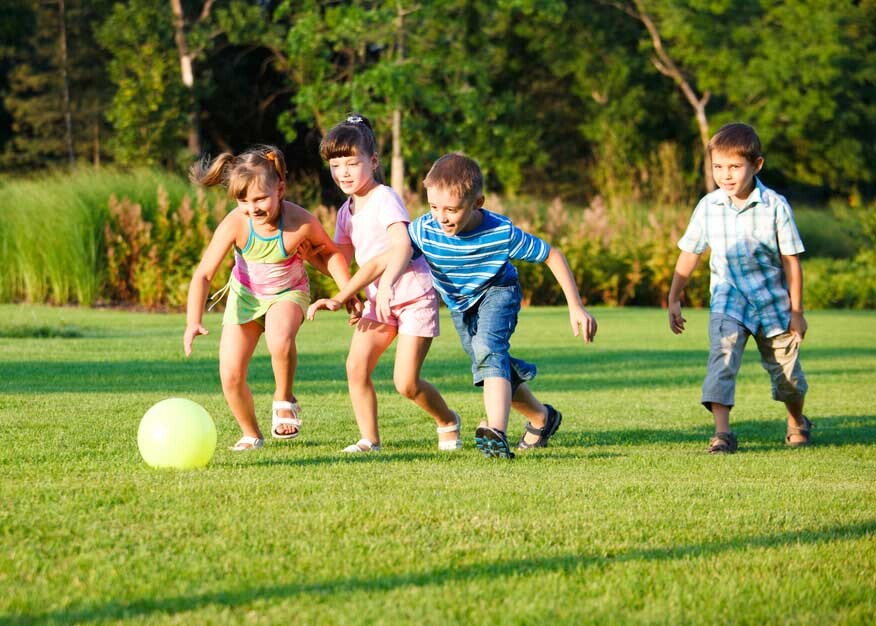
Planning your kids' activities during the school term holidays in Australia can be a fun and rewarding experience. Here's a step-by-step guide to help you plan a well-balanced and enjoyable holiday schedule:
Set Clear Goals: Begin by discussing your goals for the school holidays with your children. What do they want to achieve or experience during this time? Are there any specific interests or skills they want to explore or develop?
Create a Calendar: Use a physical or digital calendar to map out the duration of the school holidays. This will help you visualize the time available and plan accordingly.
Balance Activities: Aim for a balanced mix of activities throughout the holidays, including educational, physical, creative, and leisure activities. This ensures a well-rounded experience.
Educational Activities:
Explore educational opportunities such as:
Visiting museums, science centers, or historical sites.
Enrolling in workshops or classes related to your child's interests.
Encouraging reading and setting reading goals.
Incorporating learning into everyday activities, like cooking or gardening.
Physical Activities:
Promote physical fitness by:
Signing up for sports camps or classes.
Going on family hikes or bike rides.
Organizing playdates for active games and sports.
Trying new physical activities like swimming or rock climbing.
Creative Activities:
Foster creativity and self-expression through:
Art and craft projects.
Musical instrument practice or lessons.
Creative writing or storytelling.
DIY science experiments or engineering projects.
Family Time:
Schedule quality family time to bond and create lasting memories. This could involve:
Family movie nights.
Board games or puzzles.
Cooking or baking together.
Day trips or outings to nearby attractions.
Downtime: Ensure that there is time for relaxation and free play. Kids also need unstructured time to unwind and recharge.
Set Limits on Screen Time: While some screen time can be enjoyable, set limits on how much time is spent on screens, such as TV, video games, and social media.
Community Involvement: Explore volunteer opportunities or community service projects to teach your kids the value of giving back.
Plan Special Events: Plan a special outing, picnic, or event during the holidays to add excitement and anticipation to the break.
Flexibility: Be flexible with your plans. Sometimes, spontaneous activities or changes in weather can lead to unexpected adventures.
Review and Reflect: Periodically review your holiday plans with your kids to ensure they are enjoying the activities. Encourage open communication about their experiences.
Document the Holidays: Encourage your children to keep a holiday journal, take photos, or create a scrapbook to document their experiences.
Budgeting: Keep in mind your budget when planning activities. Look for free or low-cost options, and prioritize activities that align with your financial resources.
Safety First: Prioritize safety when planning outdoor or adventurous activities. Ensure your children are adequately supervised and have the necessary equipment and safety gear.
By following these steps and involving your children in the planning process, you can create a well-structured and enjoyable school holiday experience that caters to their interests and needs while fostering their personal growth and development.
